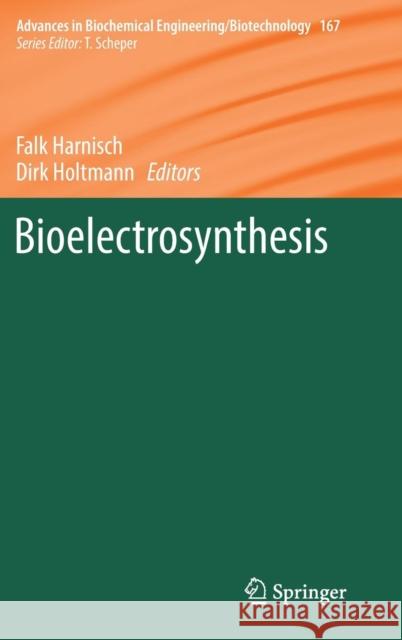Bioelectrosynthesis » książka
topmenu
Bioelectrosynthesis
ISBN-13: 9783030032982 / Angielski / Twarda / 2019 / 420 str.
Kategorie:
Kategorie BISAC:
Wydawca:
Springer
Seria wydawnicza:
Język:
Angielski
ISBN-13:
9783030032982
Rok wydania:
2019
Wydanie:
2019
Ilość stron:
420
Waga:
0.77 kg
Wymiary:
23.39 x 15.6 x 2.39
Oprawa:
Twarda
Wolumenów:
01
Dodatkowe informacje:
Wydanie ilustrowane











